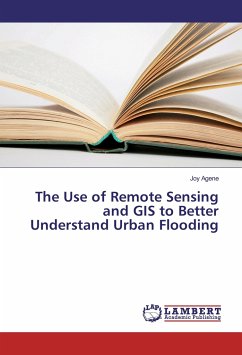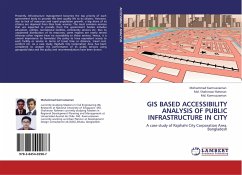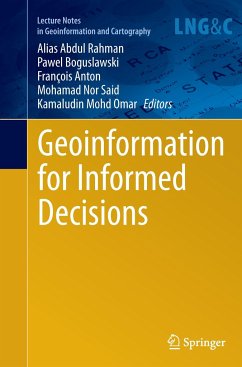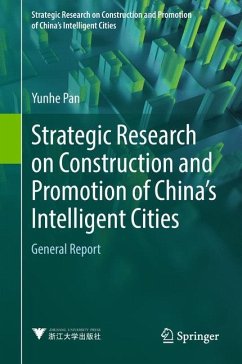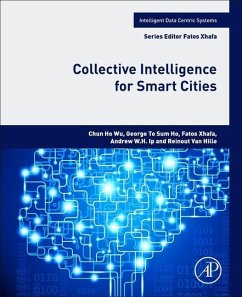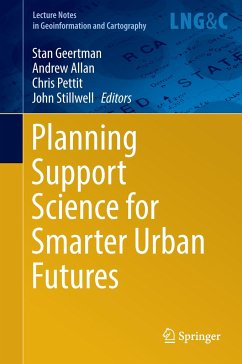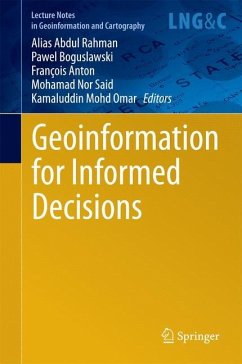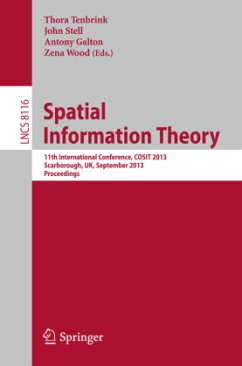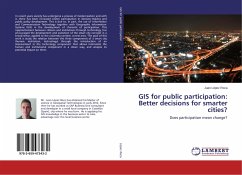
GIS for public participation: Better decisions for smarter cities?
Does participation mean change?
Versandkostenfrei!
Versandfertig in 6-10 Tagen
36,99 €
inkl. MwSt.

PAYBACK Punkte
18 °P sammeln!
In recent years society has undergone a process of modernization and with it, there has been increased citizen participation in decision-making and public policy development. This is due to, in part, the use of Information and Communication Technology together with Geographic Information Systems (GIS) in the development of channels of participation. This rapprochement between citizens and institutions through technology, has encouraged the development and evolution of the smart city concept in a broad sense, applied to the university context, as test area. The goal of this work is study the re...
In recent years society has undergone a process of modernization and with it, there has been increased citizen participation in decision-making and public policy development. This is due to, in part, the use of Information and Communication Technology together with Geographic Information Systems (GIS) in the development of channels of participation. This rapprochement between citizens and institutions through technology, has encouraged the development and evolution of the smart city concept in a broad sense, applied to the university context, as test area. The goal of this work is study the relation between the three components of a smart city (human, institution, technology) through the introduction of an improvement in the technology component that allows interrelate the human and institutional component in a closer way, and analyze its potential impact on them.



